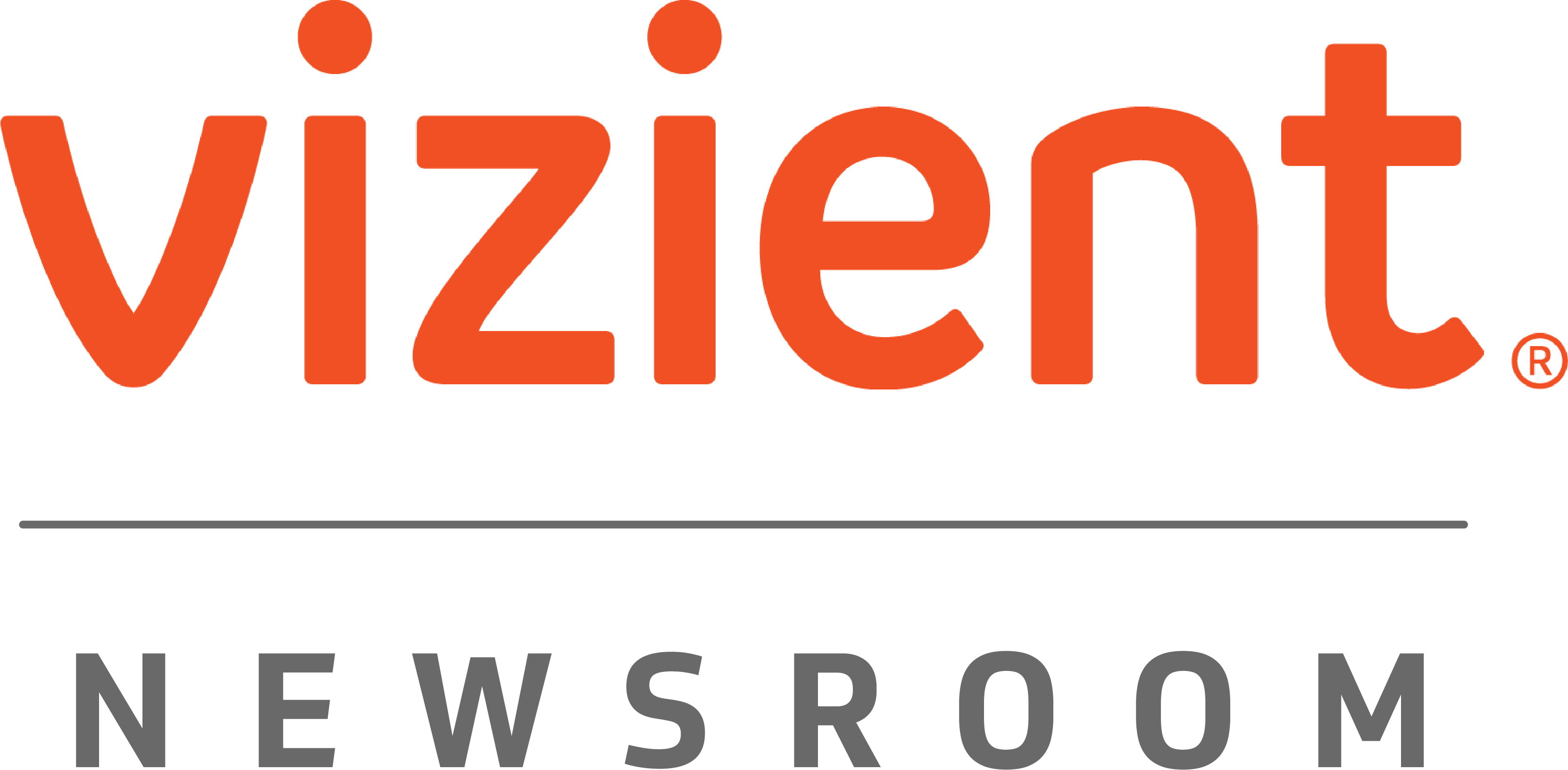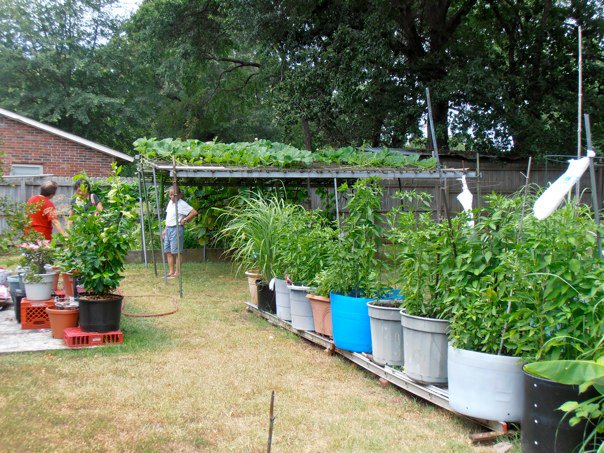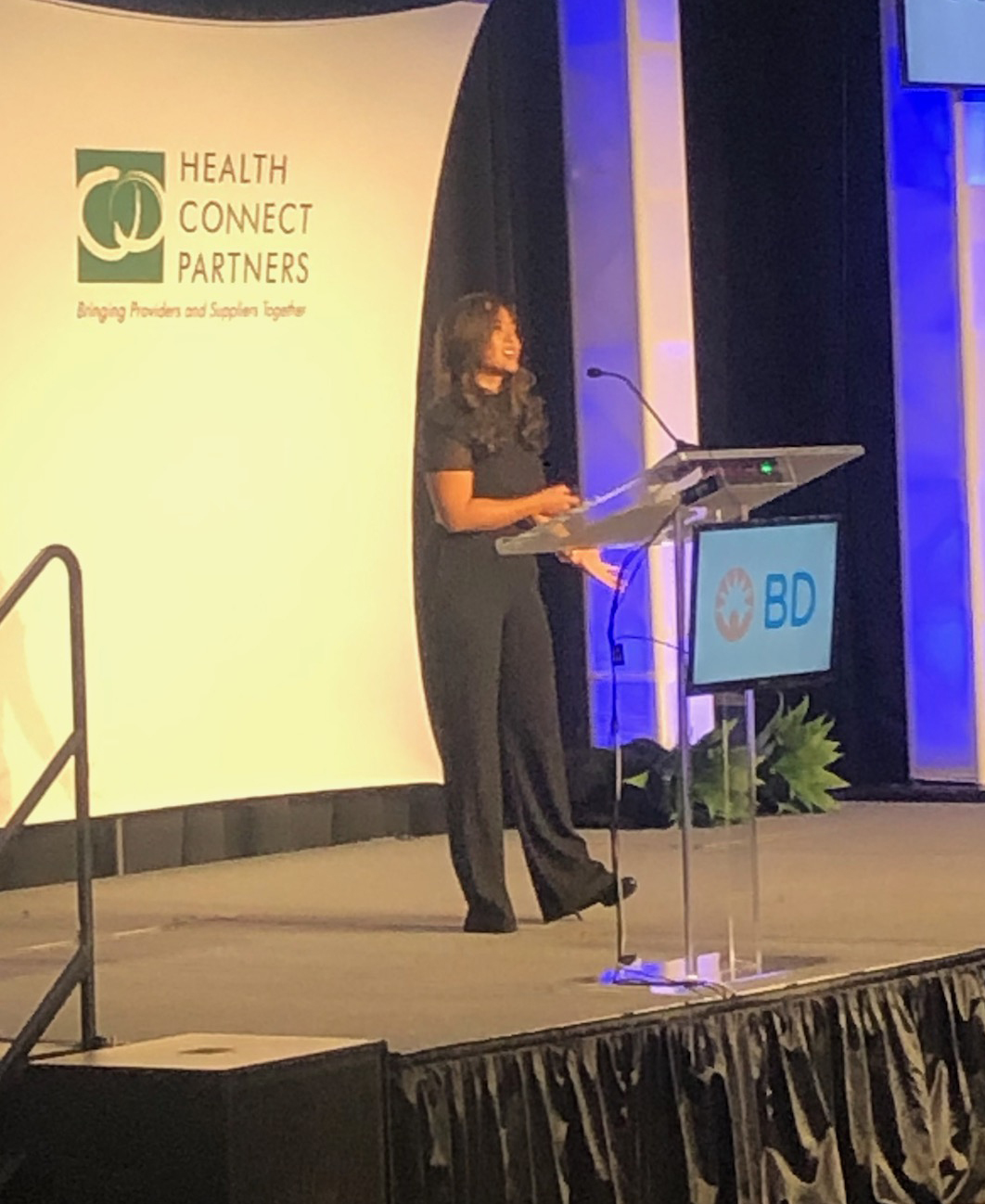By Erin Cristales, Vizient
“It is a dream to be invited to speak at these events, especially because it means Vizient is upholding our commitment to collaboration and taking in the voice of our healthcare providers and suppliers.” — Mellissa Nguyen
Mellissa Nguyen started speaking at 8 months old and ever since, she’s found it hard to stop. As a toddler, she remembers asking her mom everything from how soy milk was made to how cans were shipped from one place to another. A whirlwind of inquiries, she possessed a curiosity about the world that was never fully satiated.
“My mom always says, ‘You would just talk and talk and talk,’” laughs Nguyen, senior program services manager for Vizient’s Environmentally Preferred Sourcing Program. “And I’m like, ‘Now people are flying me around the world to talk.’”
Of course, that last fact is due to a lot more than simple loquacity. Nguyen has built a formidable reputation in the sustainability realm through her and the Vizient EPS team’s exceptional and ever-evolving work, as well as her ceaseless dedication to improving environmental outcomes.
That’s why she’s been tapped as a panelist for more than half a dozen sustainability speaking engagements over the past year, including a presentation with Kevin Lewis, Vizient director of supply assurance, at the Association for Health Care Resource & Materials Management (AHRRM) annual conference and exhibition in August that focused on protecting high-risk patients from unsafe chemicals in the supply chain. Nguyen and Lewis also spoke as part of the Saving Lives Sustainably Global Forum, hosted by the United Nations Development Programme and others in November, where they discussed if procurement for a toxic-free future is possible.
In January, Nguyen was invited to participate in the Inter-Organization Programme for the Sound Management of Chemicals (IOMC) workshop, hosted by the United Nations Institute for Training and Research, in Paris. The workshop brought together key stakeholders to explore guiding considerations and principles to support effective global action in chemical intensive economic sectors and value chains under the Beyond 2020 framework.
“It is a dream to be invited to speak at these events, especially because it means Vizient is upholding our commitment to collaboration and taking in the voice of our healthcare providers and suppliers,” Nguyen said.
Here, she discusses her dedication to sustainability and some of the biggest takeaways for providers, suppliers and other key stakeholders when it comes to bettering human and environmental health.
What first inspired your commitment to sustainability?
I am a first-generation American. My family were Vietnamese refugees and came to the United States in 1975 — my mother was one of the boat people and my father was in the South Vietnamese Air Force. They didn't have a lot of resources or money, and they missed the food they grew up eating. So, they grew their own food. That inspired what I do today, specifically that natural curiosity about what exactly is in the products we consume, where these products come from, and how we can best utilize the resources that we have without always having to buy more.
The garden Nguyen’s family cultivated.
Talk about your role at the recent Inter-Organization Programme for the Sound Management of Chemicals (IOMC) workshop, and the importance of a strategic approach to the management of chemicals and waste.
My specific role was as a discussant, which means I provided a comment to the panel presentations — which included the Federal Office for the Environment, Global Reporting Initiative, United Nations Environment Programme, Organisation for Economic Co-operation and Development, and World Bank — as well as my perspective on the information that was presented. That perspective centered on how we in the private sector, and more specifically in the healthcare sector, need to have alignment as to what exactly “safer chemicals” means because of the direct impact to human and environmental health. Harmonized standards allow for sustainability benchmarking to encourage responsible purchasing practices. This was a nudge towards Vizient’s 23 environmentally preferred attributes. Intergovernmental organizations can develop economic policies that are not legally binding, and then the private sector can adopt those flexible frameworks to provide guidance to our suppliers as well as our purchasers. In addition to safer chemical management, we also encouraged alignment and inclusion of additional environmental issues such as, but not limited to, water use intensity and climate change – a reflection of the expanded scope of environmental sustainability within our EPS program in response to our providers’ growing need for help in these areas
How has your work with Vizient informed your perspective on these topics?
When we first began developing Vizient’s Environmentally Preferred Sourcing Program six years ago, we knew it was about more than just customer demand for sustainable products. We had to define sustainability, how it’s backed up by scientific documentation, look at the regulations in place and then think about how all those factors also impact our supplier community. As we adopted and aligned 23 environmentally preferred attributes to the products on Vizient agreement, we also worked to ensure that we were in alignment with the sustainability considerations that had been developed worldwide. So, it was an opportunity to work with intergovernmental organizations and not-for-profits in the sustainability realm. There’s a complexity to sustainability issues, particularly when it comes to reporting regulations, and there’s a need for increased innovation. Vizient is committed to driving the development of products that support human and environmental health, and that requires that we uphold our collaborative stance and continue to play an active role in these discussions.
|
Nguyen speaking about “Making sustainable procurement easy for your supply chain” at the 2022 Health Connect Partners conference in October. |
What are some of your key takeaways from the various sustainability events in which you’ve participated?No. 1 is that sustainability does add value to the overall business — it is not a standalone initiative. It is something that needs to be baked into the decision-making processes throughout the entire value chain of a business or operation. The second takeaway is that when we tie sustainability into the overall value chain within the business, we also can provide very specific metrics that can be used to evaluate the purchase of products and services that promote human and environmental health. So, in the case of products, we can evaluate the financial, operational, clinical and sustainability impact together, and create that harmonized standard so that 1) we have a free marketplace to integrate sustainability into purchasing decisions and 2) it's also flexible enough so that we can bring in specific information depending on the category. The third takeaway is that all stakeholders need to be part of the conversation when it comes to developing sustainability standards and implementing sustainability policies. It needs to be a collaborative partnership between the purchasers, suppliers and conveners like Vizient, as well as not-for-profit and government organizations. We all have a part to play in how we develop and approach sustainability initiatives, but our voices need to be heard together. |
What do providers most need to consider when integrating more sustainable practices into their organizations?
Many healthcare organizations have variable priorities on what is material to them when it comes to sustainability. We need providers to clearly define what sustainability means for their organization and what kind of policies they have in place to ensure that we can provide them with the information necessary to guide them to the healthiest possible purchasing decisions. That allows us to then utilize that information to communicate with our supplier community on what the market is asking for and provide guidance to help them meet those needs.
And what do suppliers need to consider when integrating more sustainable practices?
Many suppliers have made tremendous progress in their manufacturing practices and the products that are sold. They may or may not be formally calling it sustainability or have a dedicated professional in their company. Vizient can help communicate the provider’s need for sustainability criteria to be met and how suppliers can communicate their efforts alongside their sales. Sustainability has business value, not just for human and planetary health. Vizient can serve as a convener of sustainability between the supplier and the provider, and we invite the suppliers to share their sustainability journey with us. Sustainability is a collaborative journey in which we all must take part.


